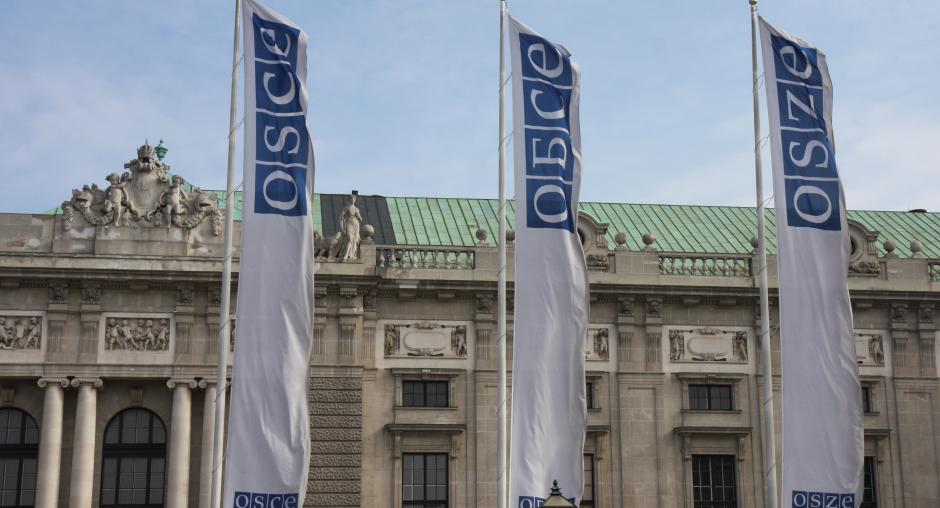OSCE presents results of Survey on the Well-being and Safety of Women in Albania
TIRANA, 8 October 2019 – The OSCE Presence in Albania and the OSCE Gender Section presented today the results of the OSCE-led Survey on the Well-being and Safety of Women for Albania.
The survey, the first of its kind conducted in South-Eastern and Eastern Europe in 2018 within the framework of an EU-funded project, gives a detailed picture of the physical, sexual and psychological violence suffered by women and girls. In Albania, the research involved a representative survey of 1,858 women aged 18 to 74, 14 key expert interviews, seven focus group discussions and four in-depth interviews with women who had experienced violence.
It found that while violence against women is considered common, only few women report their experiences or seek support. Shame, fear of the perpetrator, lack of trust in institutions and the lack of financial support are barriers to women’s reporting. Cultural norms about women’s obedience to men and about sexual violence in intimate relationships contribute further to an environment that tolerates violence against women and girls. Gaps in the legislation and in its implementation persist.
The Head of the OSCE Presence in Albania, Bernd Borchardt, said that data of the survey clearly show that cultural norms and attitudes surrounding violence against women and girls must be changed and that there is a need for action. “Both men and women must participate in changing these cultural norms. At the same time, women must be empowered to report violence; their reports must be taken seriously by police, prosecutors and judges, and the perpetrators must be brought to justice.”
The Minister of Health and Social Protection, Ogerta Manastirliu, noted that the Government of Albania has taken concrete steps to fight domestic violence, and improved the law on measures against domestic violence. “Nonetheless, more has to be done to speed up the establishment of referral mechanisms for domestic violence cases in all municipalities and to enable the immediate response against this phenomenon at the community level.”
“The survey is an alarm bell that shows that we need to better co-ordinate our work with civil society organizations, and strengthen local mechanisms dealing with domestic violence,” Justice Minister Etilda Gjonaj said. She also stressed the need for better co-ordination among state institutions.
The UN Resident Coordinator, Brian Williams, stated that fighting the root causes of violence against women is a responsibility of the whole society. “Women must not carry the burden and risks of violence alone. Fighting the root causes of violence against women is a collective responsibility that includes men and boys, families, communities, and leaders of all kinds, whether teachers, CEOs, police, prime ministers, imams or priests.”
“Violence against women in all its forms is a human rights violation. The European Union wants to ensure that women and girls participate fully in all aspects of society- political, social and economic development,” said the Head of section of Economic and Social Development of the European Union Delegation to Albania, Andrea Vera. “Collectively we should encourage all girls and women to speak up and we must end the culture of silence,” he added.
